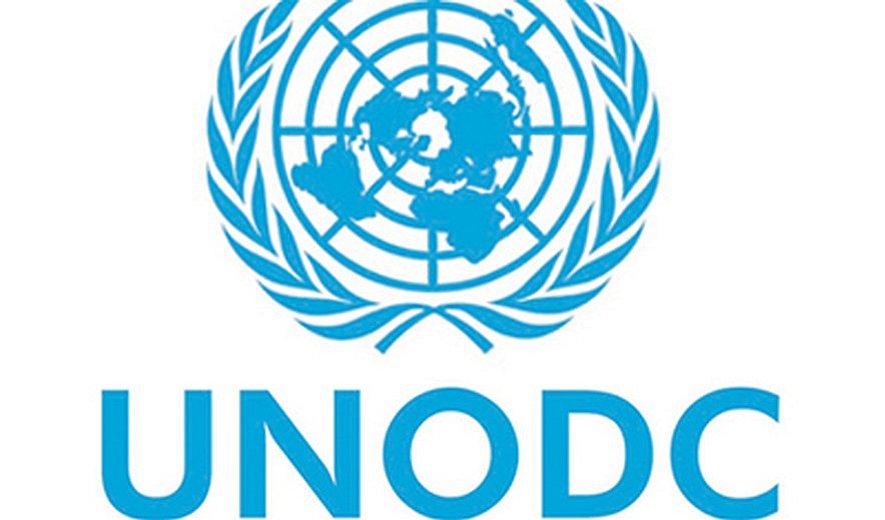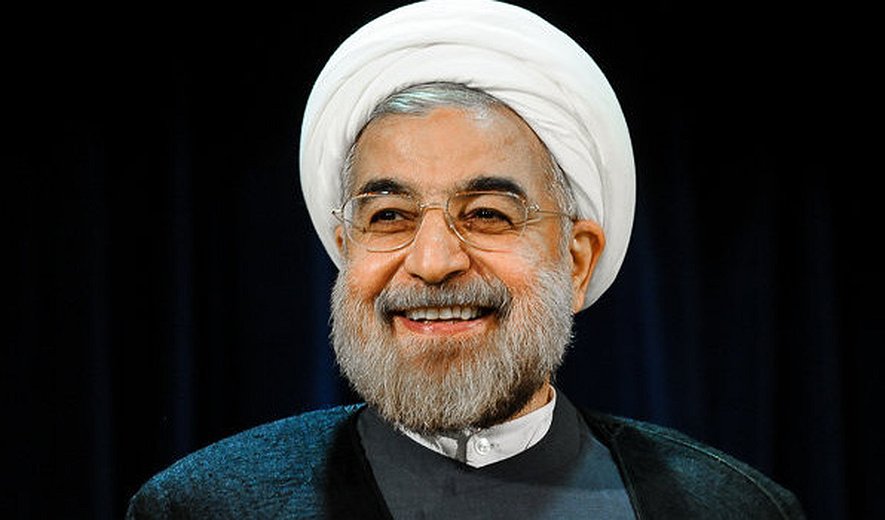UNODC Must Ensure No More Executions for Drug Offenses Before Funding Iran Counter-Narcotics

Iran Human Rights (DEC 11 2015): The United Nations Office on Drugs and Crime (UNODC) and the European countries who are funding its law enforcement cooperation with Iran must make their cooperation and funding of counter-narcotics efforts in Iran conditional on an end to the death penalty for drug offenses.
This week Iranian official sources announced that 70 members of Iran's Parliament signed a proposal for a change in legislation to end the death penalty for drug offenses. The Parliament members say individuals who are convicted for nonviolent drug offenses should be issued a life sentence instead of death. The bill must be approved by Iran's Guardian Council before it can be passed.
Iran Human Rights calls on the UNODC and the countries who financially support its Iran program to stop providing equipment, funding, and technology to Iran until the death penalty is no longer issued for drug offenses.
The process of getting the bill passed could take years, and in that time Iranian authorities are able to continue executing indviduals for nonviolent drug offenses. The bill does not call for an end to the death penalty for all drug offenses, and suggests that individuals who are armed with a weapon and accused of a drug offense should still be sentenced to death.
In the past few years, most of the prisoners who have been hanged in Iran for drug charges were accused of "armed smuggling". On the contrary, the findings of human rights groups, including IHR, have shown that most of the individuals who have been executed in Iran on drug charges were not armed, did not have access to a fair trial or a just investigation, and were denied access to a lawyer. Last year, Iran's judiciary had mentioned a proposal to the Iranian Parliament to end the death penalty for drug offenses, but since then there has been no updates or information available about this move.
"The timing of announcement of the proposal could be aligned with the UNODC anti-drug trafficking program in Iran ending and new programs beginning in 2016. Considering that most of the countries who fund Iran counter-narcotics are based in Europe and have expressed discontent toward drug related executions, the proposal could be a move by Iranian authorities to appease to these countries," says Mahmood Amiry-Moghaddam, spokesperson for Iran Human Rights. "We welcome any changes to the law that would help stop the death penalty in Iran, but our indicator is a decrease in the number of executions and not just a proposal to the Parliament".
Until the adoption of the new proposed law and a significant reduction in the number of drug-related executions in Iran, the UNODC must not directly or indirectly participate in any cooperation that could lead to the arrest of individuals who possess drugs.


